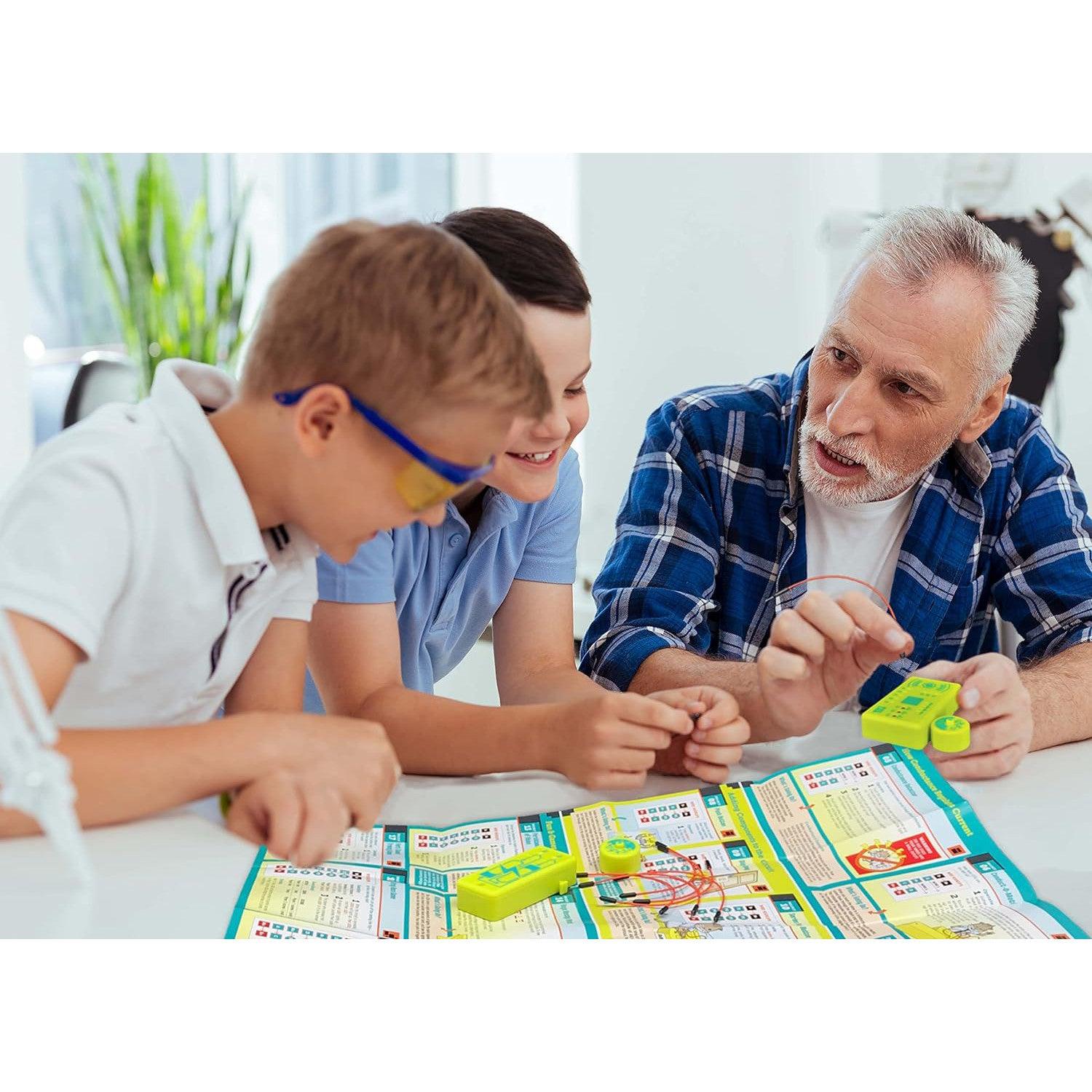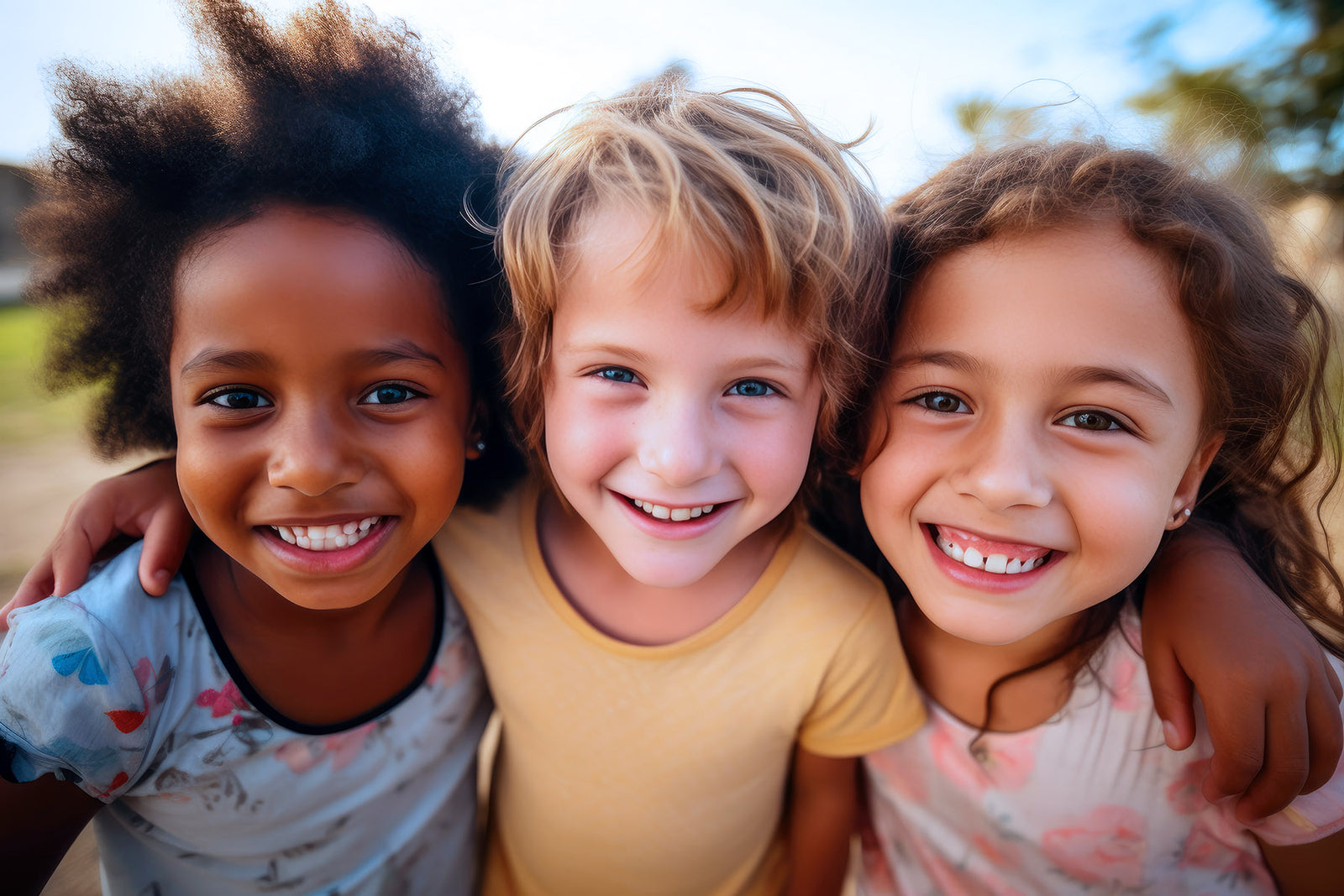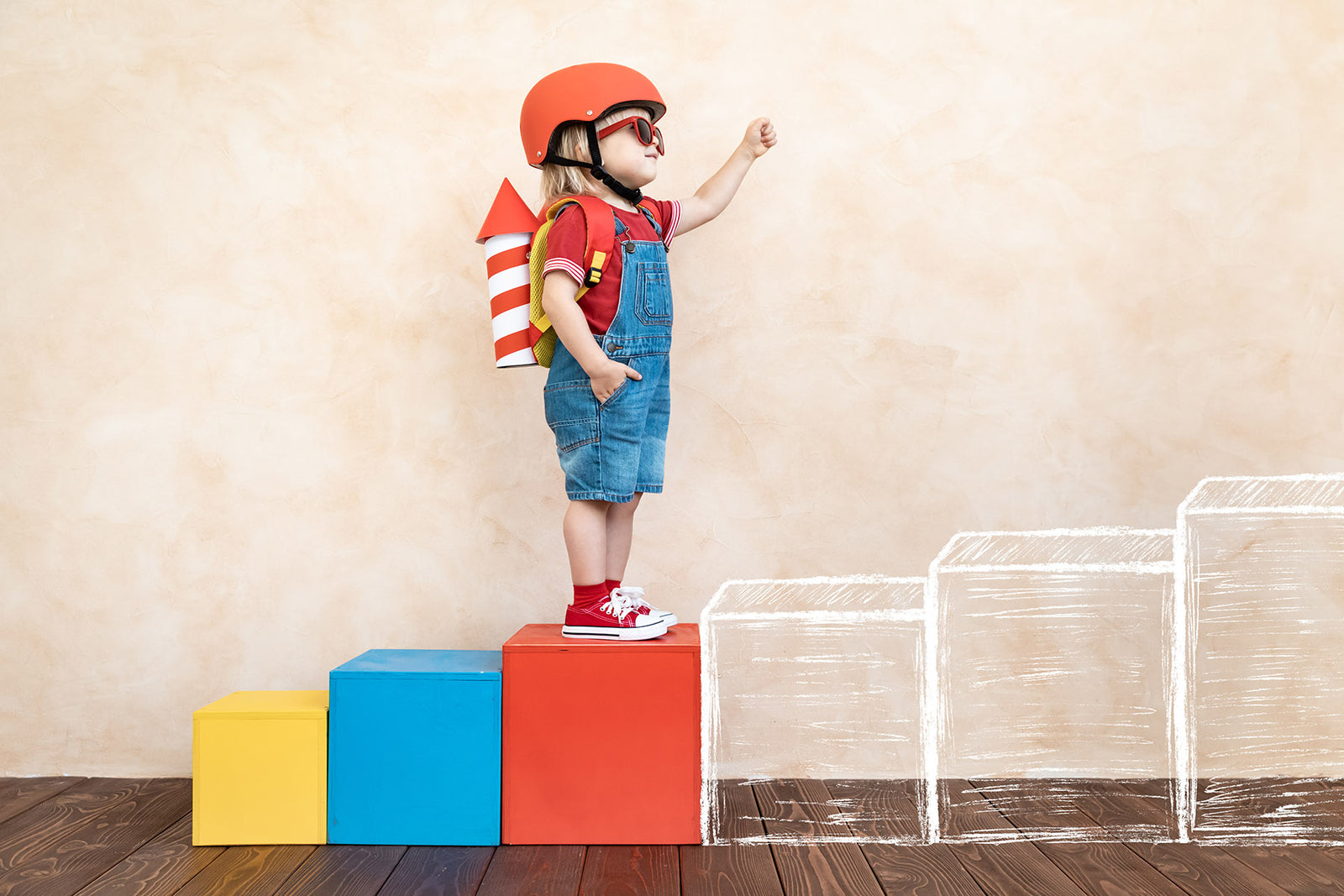Childhood is a magical time. It's filled with new experiences, vibrant colors, melodious sounds, and a whirlwind of emotions. As we marvel at a child's growth, from taking their first step to uttering their first word, we often overlook another critical aspect of their development – their emotional journey. But, the power of emotional development in children is immense and deserves our attention.
Emotional development, in simple terms, is the process by which children come to understand and manage their emotions. It’s like giving them an internal compass to navigate the complex world of feelings, relationships, and self-awareness.
Key Facets of Emotional Development:
-
Self-awareness: Recognizing and understanding one's own emotions. It's when a child realizes they're sad because their toy broke or happy because they're playing with a friend.
-
Empathy: The ability to sense and understand someone else's emotions. It's the heartwarming moment when a child comforts a crying peer.
-
Expression: Communicating feelings effectively. This doesn’t just mean crying when upset or laughing when happy, but also using words to describe complex feelings.
-
Regulation: Managing and controlling strong emotions, especially negative ones. It's the admirable skill of a child calming themselves after a setback or disappointment.
-
Building Relationships: Interacting with peers, forming friendships, and understanding social dynamics. It's about sharing, taking turns, and playing harmoniously with others.
-
Self-esteem: Building a positive view of oneself. It's the pride in their eyes when they accomplish something on their own.
Why Such Emphasis on Emotional Development Skills?
-
Foundation for Mental Health: A strong emotional foundation in childhood often paves the way for positive mental health in adulthood. By understanding and managing their emotions, children are better equipped to face life's challenges.
-
Effective Communication: Emotional development helps children articulate their feelings, making it easier for caregivers and peers to understand and support them.
-
Social Harmony: When children are emotionally developed, they can form deeper bonds with peers, understanding social cues and resolving conflicts amicably.
-
Academic Success: Believe it or not, emotional skills play a significant role in the classroom. Children who can manage their emotions are more likely to focus, take in information, and participate actively.
-
Resilience Building: Life is not always a smooth ride. Emotional development gives children the tools to cope with disappointments, challenges, and failures, teaching them to bounce back stronger.
In essence, emotional development is like equipping children with a toolkit for life. It's about more than just identifying feelings; it's about understanding the self, connecting with others, and building a robust inner world. As caregivers, educators, or simply well-wishers, we must realize the transformative power of emotional development. Let's create environments that nurture not just the minds but also the hearts of our little ones. After all, a world with emotionally sound children today promises a future with compassionate, understanding, and resilient adults tomorrow.


















